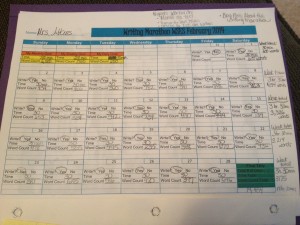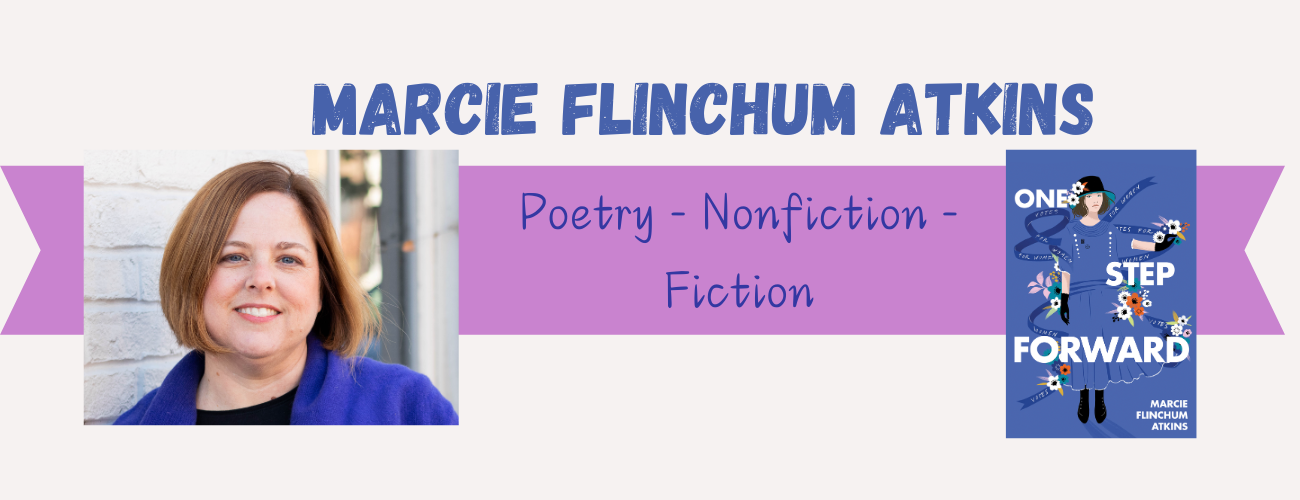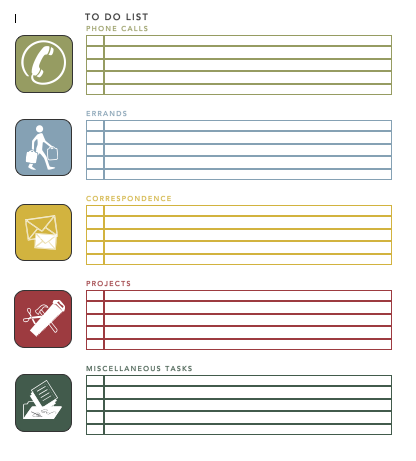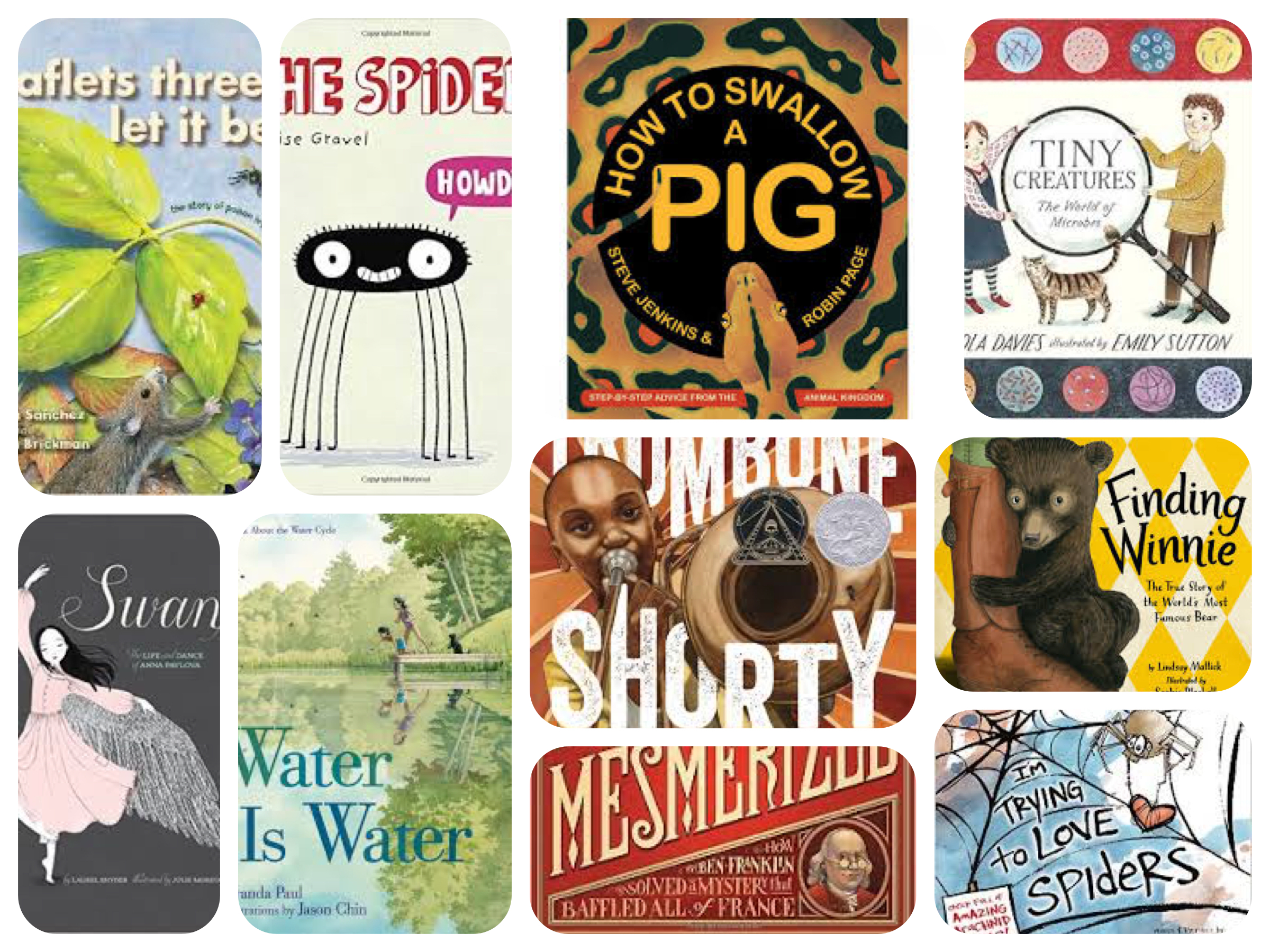Making Time to Write: A Writing Marathon
Over the next couple of weeks, I’m going to be posting on Writing Wednesdays about setting up a Writing Marathon for students. During the month of February, I did this at my school with fourth and fifth graders.
The goal was to write for 30 minutes a day for 26 out of 28 days in the month of February. We opened up the library before school every morning for students to write. I’ll write about all of the details on Wednesdays, but I wanted to share how this helped me as a writer.
I did the marathon with my students. I wrote when they wrote. Here is what I learned from the Writing Marathon.
1) The collective can be helpful.
I do find writing energy in a room filled with people tapping at the keyboard. When the room was quiet, and we were all working, I got a lot of writing done. I’ve also done this with my critique group at various venues. We’ve scheduled times to write together from a couple of hours to an entire weekend. In all of these situations, I’ve been able to get focused and get a lot of writing done. Not everyone can work that way, but for me, it does work.
2) Have a plan.
I made a goal for myself before the Writing Marathon. I knew I couldn’t just go in and sit at the keyboard with no plan. I work better with a plan. I had a project in mind. It was a project that was school-related and writing-related, so the Writing Marathon seemed like the perfect venue for working on it. I outlined it and jotted down notes to myself before it ever began. When I got stuck, I just moved on to the next piece that sounded interesting to me.
3) Keep track of your progress.
I created a tracking sheet for the students, and I used it myself. Every day, I logged my time and my word count. While this seems a bit tedious, it actually helped me. I made a goal of 250 words a day. I thought there was no way I’d have time to do more than that. I figured students would need more help and I’d end up doing my 250 words at home. However, I was pleasantly surprised. By keeping track of my daily word count, I was able to watch the words stack up. I exceeded my goal every day but two days. I projected that I’d do 6.500 words for the month. I ended up with 14, 454 words. If I hadn’t been keeping track, I probably wouldn’t know how I did.

With revising projects, I don’t find it helpful to keep track of words because there are some days I end up with less than I started with. However, when revising, I like to keep track of tasks completed. But keeping track of word counts is extremely helpful when trying to move forward on a new project that just needs to get down on the page.
4) You can accomplish a LOT in a little bit of time.
I hear people tell me all of the time that they don’t have time to write. I’ve been writing an hour a day, before I go to work, for a couple of years now. I’ve been amazed at how much progress I have made. What shocked me is how much I was able to accomplish in 30 minutes a day. With the internet turned off and eyes watching to see if I’m writing, then I was able to get a ton of writing done.
One month, 30 minutes a day. Try it. You’ll be surprised at how much you can actually do.



